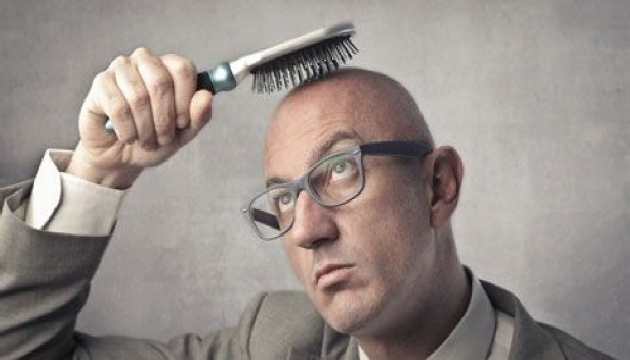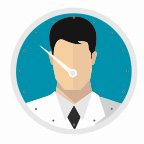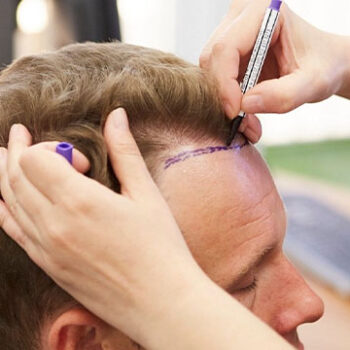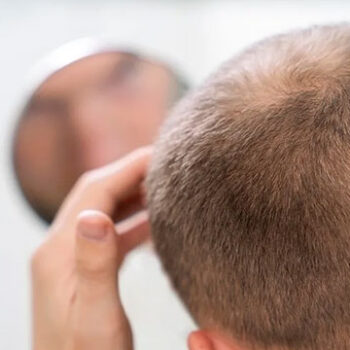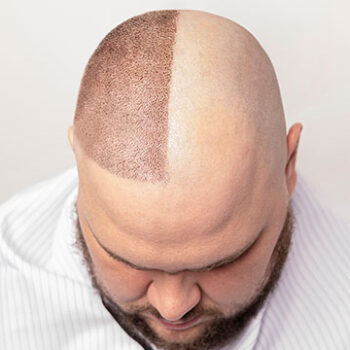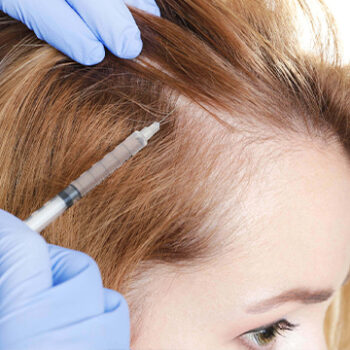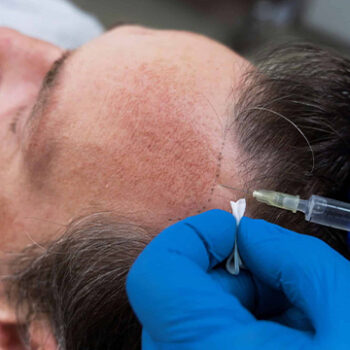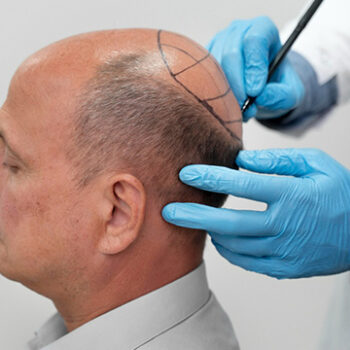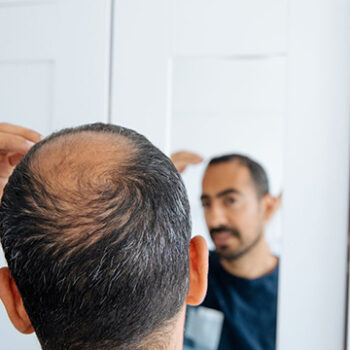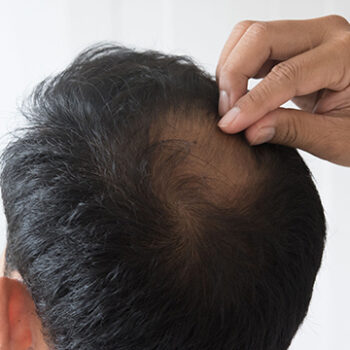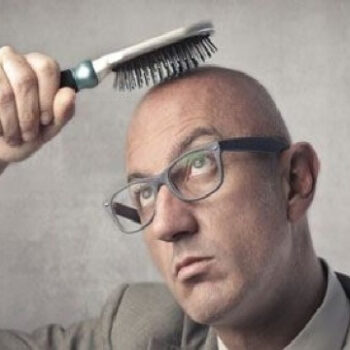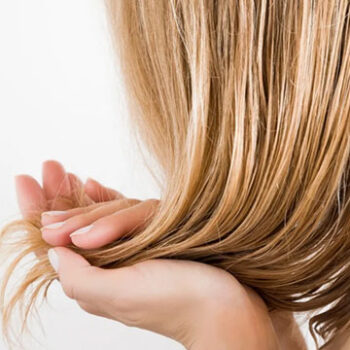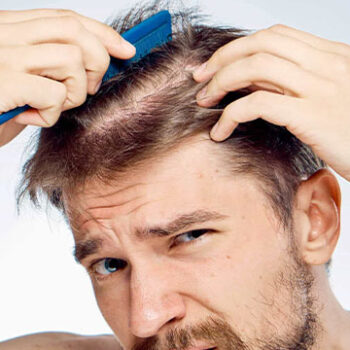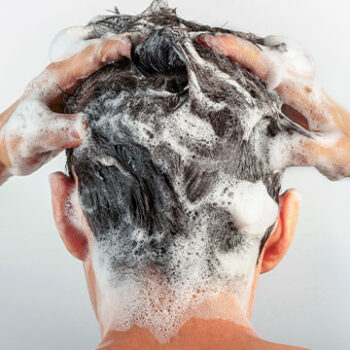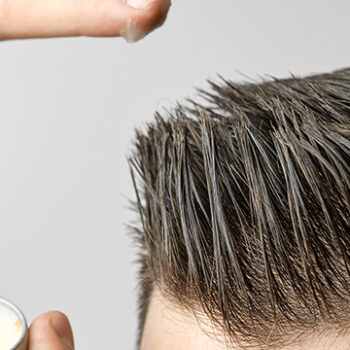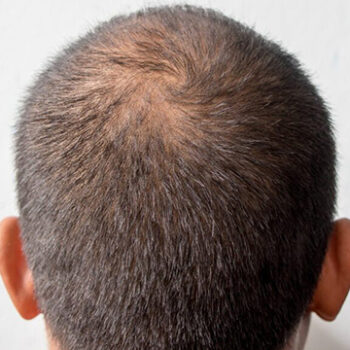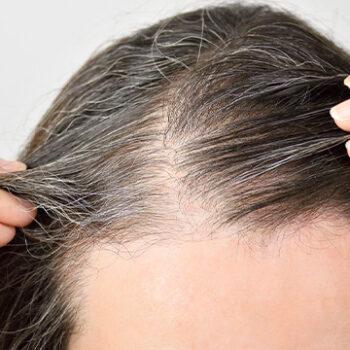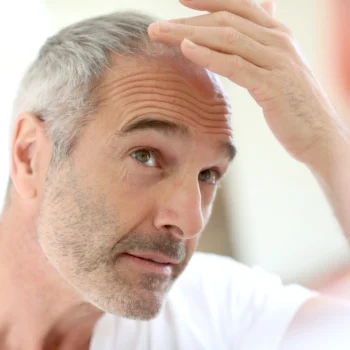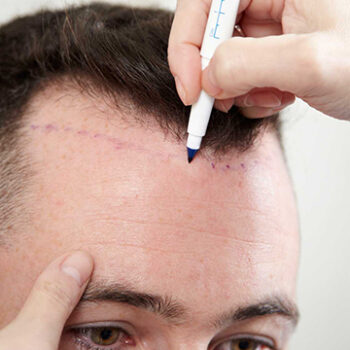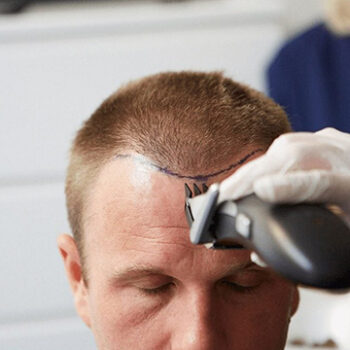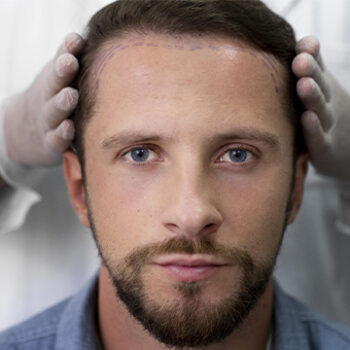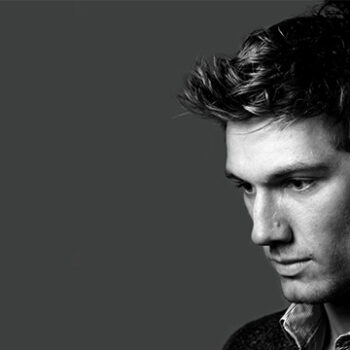Hair loss is one of the most common problems that men can encounter at any stage of their lives. Approximately 85% of men worldwide experience hair loss problems at some point in their lives. The reasons behind this condition are quite diverse, ranging from genetic factors to hormonal changes, from lifestyle to dietary habits, many factors play a role.
Genetic Factors and Familial Inheritance
The most important cause of hair loss in men is genetic predisposition. This condition, known as androgenetic alopecia, is responsible for 95% of male pattern baldness. Genetic hair loss can be inherited from both mother and father sides, but contrary to popular belief, it is not only inherited from the mother’s side. Men with a family history of hair loss have a significantly increased likelihood of developing this problem.
Genetic hair loss typically begins with the recession of the hairline and thinning in the crown area. This process progresses slowly and gradually. While it starts in the 20s for some men, it may be delayed until the 40s for others. In addition to genetic factors, hormonal regulators also play an active role in this process.
Hormonal Imbalances and DHT Effect
Dihydrotestosterone (DHT) hormone is the main culprit of male pattern hair loss. DHT, formed by the conversion of testosterone hormone by the 5-alpha reductase enzyme, shrinks hair follicles and eventually renders them non-functional. Hair follicles that are sensitive to DHT first thin out, then disappear completely.
Hormonal imbalances are not limited to DHT alone. Conditions such as thyroid hormone disorders, increased cortisol levels, and insulin resistance also negatively affect hair health. Particularly stress-induced cortisol increase can cause temporary or permanent hair loss by disrupting the hair growth cycle.
Lifestyle and Stress Factors
Stress brought by modern life is one of the important triggers of hair loss in men. Chronic stress causes excessive secretion of cortisol hormone in the body. This condition leads to hair follicles entering the resting phase early, causing a type of hair loss called telogen effluvium.
Factors such as work stress, financial concerns, relationship problems, and life changes directly affect hair health. Additionally, insufficient sleep, irregular lifestyle, and smoking also accelerate hair loss. Smoking reduces blood flow to hair follicles, preventing hair growth and causing premature shedding of existing hair.
Nutrition and Vitamin Deficiencies
Unhealthy eating habits play a critical role in hair loss in men. Protein deficiency is particularly important because hair is largely composed of keratin protein. Insufficient protein intake causes hair strands to weaken and fall out.
Iron deficiency anemia, although rarely seen in men, leads to hair loss when it occurs. Deficiencies in B12, folate, biotin, and vitamin D also negatively affect hair health. Deficiencies in minerals such as zinc and selenium prevent healthy functioning of hair follicles.
Rapid weight loss diets, excessive consumption of processed foods, and unbalanced nutrition can trigger hair loss. Especially crash diets create a sudden shock effect on the body, disrupting the hair growth cycle.
Diseases and Medication Use
Some diseases directly cause hair loss in men. Alopecia areata is an autoimmune disease that causes hair to fall out in patches. Scalp infections, seborrheic dermatitis, and skin diseases such as psoriasis can also cause hair loss.
Chemotherapy drugs used in cancer treatment are among the most well-known causes of hair loss. Additionally, various medications such as antidepressants, blood thinners, beta blockers, and high-dose vitamin A supplements can lead to hair loss.
Thyroid diseases, both hyperthyroid and hypothyroid conditions, cause hair loss. Diabetes, especially uncontrolled type 2 diabetes, affects blood circulation and disrupts the nourishment of hair follicles.
Environmental Factors and Hair Care Mistakes
Incorrect hair care practices can accelerate hair loss in men. Practices such as washing with very hot water, using harsh shampoos, and excessive scrubbing of the scalp weaken hair strands.
Environmental factors also affect hair health. Air pollution, harmful UV rays from the sun, and exposure to chemical substances damage the structure of hair strands. Particularly the air pollution brought by city life increases hair loss by causing toxin accumulation in the scalp.
Excessive heat, low humidity levels, and seasonal changes also affect hair health. The dryness brought by heating systems in winter and air conditioning in summer makes hair strands brittle.
Age Factor and Natural Aging Process
With aging, the activity of hair follicles naturally decreases. The beginning of hair strand diameter thinning in men after age 40 is a normal process. With age, slowing blood circulation, decreased cell renewal capacity, and changes in hormone levels increase hair loss.
The hair growth cycle also changes with age. While the growth phase (anagen) of hair shortens, the resting phase (telogen) lengthens. This situation causes hair to grow less and fall out more easily.
Prevention and Early Intervention
Early intervention is crucial in preventing hair loss in men. Regular scalp massage, proper nutrition, stress management, and avoiding harsh chemical treatments can slow down the hair loss process. Using products containing ingredients that support hair health, such as minoxidil and finasteride, can be effective when used under medical supervision.
Sun protection, avoiding excessive heat styling, and maintaining scalp hygiene are simple but effective preventive measures. Regular exercise improves blood circulation and supports overall hair health.

 English
English Français
Français Deutsch
Deutsch Türkçe
Türkçe 中國人
中國人